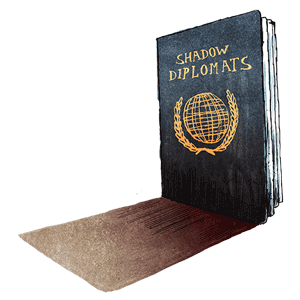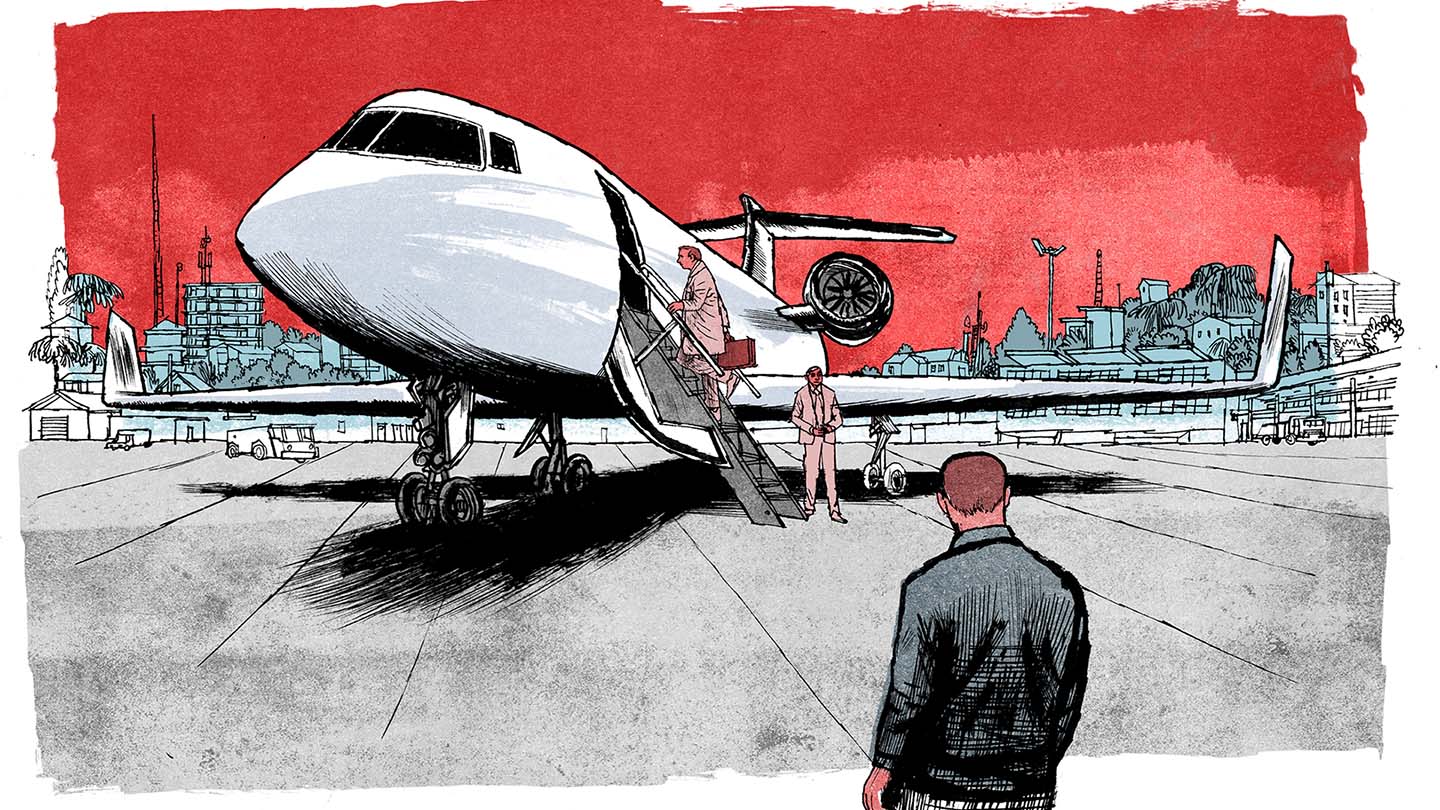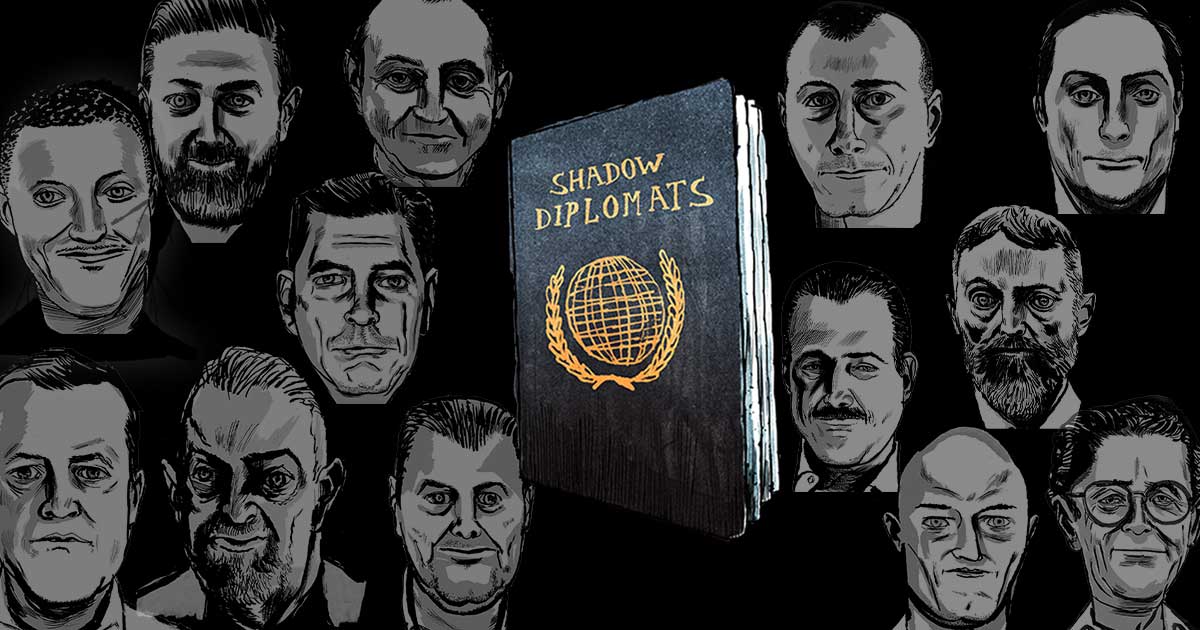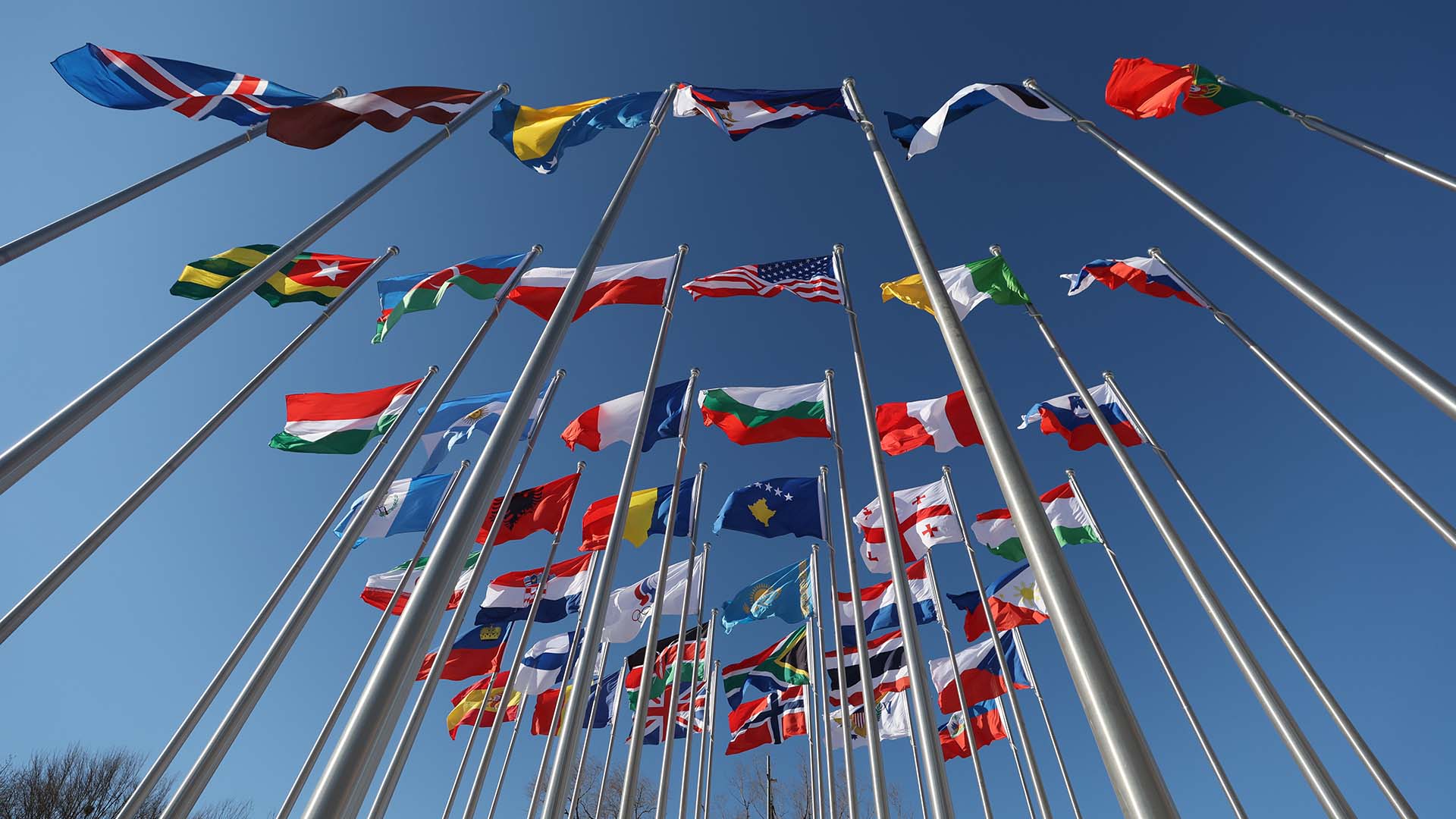IMPACT
Governments call for reforms to centuries-old honorary consul system
Authorities around the world launch probes and propose overhauls following ICIJ and ProPublica’s Shadow Diplomats investigation.
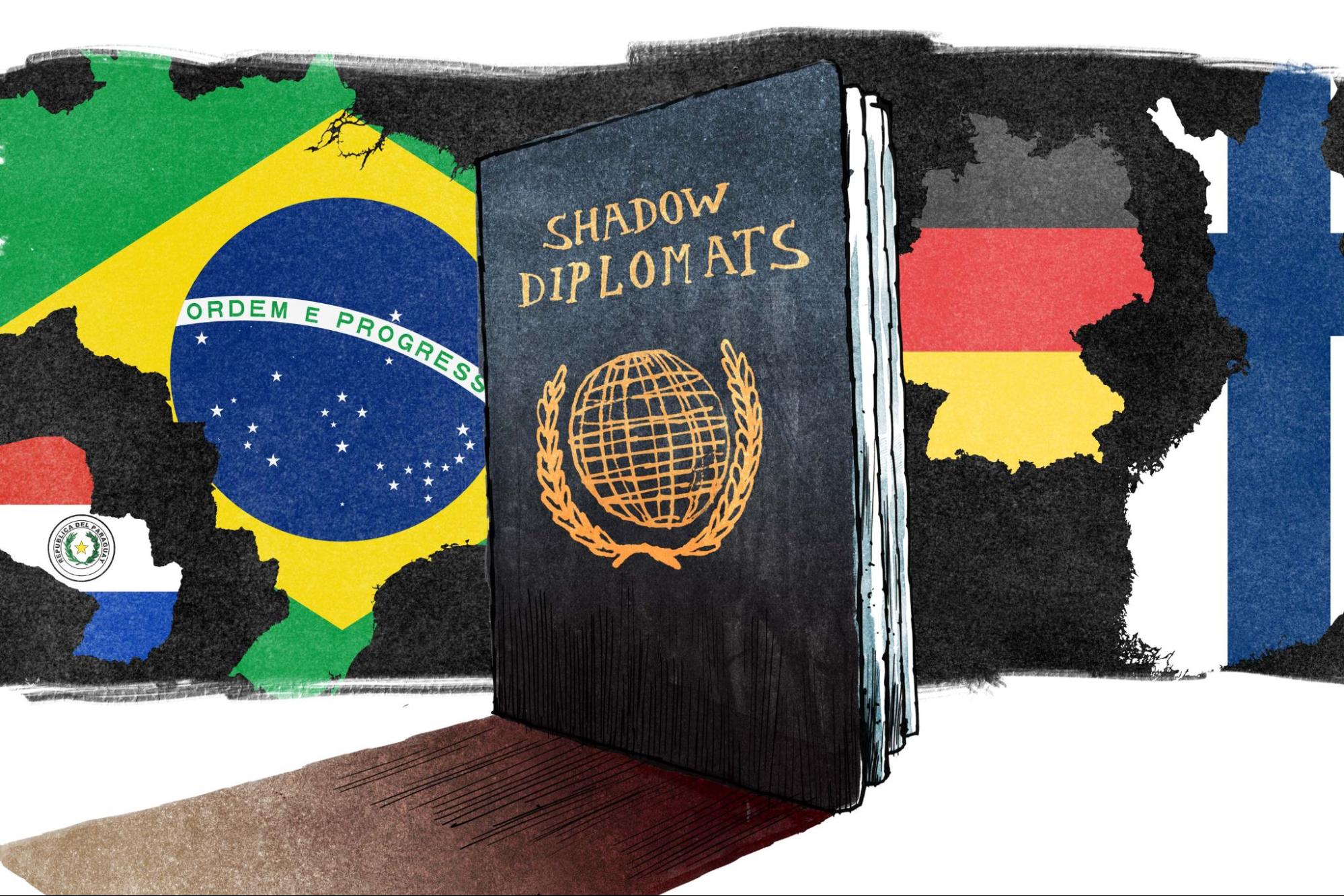
Authorities in four countries are pressing to correct breakdowns in a troubled system of global diplomacy that has elevated and protected accused terrorist financiers, violent criminals, sanctioned oligarchs and aides to some of the world’s most corrupt regimes.
The Shadow Diplomats investigation, published last month by the International Consortium of Investigative Journalists, ProPublica and more than 50 international media organizations, chronicled widespread exploitation by honorary consuls and the failure of governments to provide oversight.
Thousands of the volunteer diplomats are in place worldwide, working from their home countries to represent the interests of the foreign nations that appoint them. In exchange, under international treaty, consuls receive a coveted series of legal protections and privileges, which can include diplomatic credentials, special license plates and the ability to move consular bags across borders without inspection.
The investigation found at least 500 current and former consuls who have been accused of crimes or embroiled in controversy — the majority while they held their posts. That includes scores of consuls who reportedly tried to use their status to advance illicit activity or evade law enforcement. Others have spread pro-Kremlin sentiment around the world, supporting Russian President Vladimir Putin amid his most controversial military and political campaigns, including the invasion of Ukraine.
In recent weeks, government officials acknowledged not knowing the number of consuls they had appointed or whether any had been convicted of serious offenses either within their own borders or overseas.
In Finland, the protocol chief at the Ministry of Foreign Affairs said he was unaware that some consuls had been convicted of tax fraud, bribery and environmental crimes. The ministry is planning to conduct a review this month.
“These crimes … must now be investigated in more detail,” Mika Koskinen told local journalists.
The ministry is also updating its internal review of consul candidates. “Finland does not accept corruption,” said Pekka Puustinen, the ministry’s undersecretary for internal and external services.
In Brazil, authorities have opened an investigation into crimes allegedly committed by honorary consuls following a request by Deputy Prosecutor General Lucas Furtado.
“It is clear that there may be damage — albeit indirect — to public coffers,” Furtado noted in response to media reports about troubled diplomats.
A top official in Paraguay said the government is planning to review its diplomatic laws and regulations. “This will allow us to give transparency to the functions performed by honorary consuls,” Foreign Minister Julio Cesar Arriola said.
And in Germany, politicians from across the political spectrum are calling for change, citing national security concerns.
“It would therefore be necessary to reform the system, which invites abuse,” said German Parliament member Roderich Kiesewetter. “Regular training, security clearance must also be enforced.”
Sebastian Fiedler, another member of Parliament, said, “A security check … for all honorary consuls accredited for Germany is the least that can be done.”
Germany and Austria have already dismissed an honorary consul in Brazil who had been criticized by a judge in 2015 for misusing her consular status in a controversial land deal. The consul and her family denied wrongdoing.
In Switzerland, the honorary consul for Mongolia announced his resignation in October, one day after reporters asked government officials about his prior conviction for tax evasion. The consul declined to respond to a request for comment.
The threat of shadow diplomacy has also alarmed experts in the United States. ICIJ and ProPublica identified nine current and former honorary consuls who have been linked to terrorist groups by law enforcement and governments.
Most were tied to Hezbollah, the political party, social services provider and militant group in Lebanon designated by the United States and other countries as a terrorist organization.
“This is not just a question of making sure that honorary consuls are not using connections for personal gain,” said Matthew Levitt, a Hezbollah expert and former deputy assistant secretary for intelligence and analysis at the Treasury Department. “This is a serious security and public safety issue related to extremist activity.”
Suzanne Hayden, a former federal prosecutor focused on national and international security, said honorary consuls have used diplomatic cover to cross borders without scrutiny and to obtain illicit contraband.
“It’s the one guaranteed area where the rule of law doesn’t matter — the law has no teeth,” Hayden said. “There is not even an opportunity to test the law because all you have to do is say, ‘I have diplomatic immunity,’ and when confronted, the local cops simply put their hands up and walk away. It’s just the perfect scenario for crime.”
Reporting was contributed by Mabel Rehnfeldt, of ABC Color, Guilherme Amado of Metropoles, Bernhard Odehnal, of Tamedia, Johanna Mattinen, of YLE, and Frederik Obermaier and Jorg Diehl, of Der Spiegel.
